Knowledge Hub
A library of practical tools, insights, and resources – designed by Teaching Lab to support educators and system leaders in real-world work.
Featured Downloadable Resources
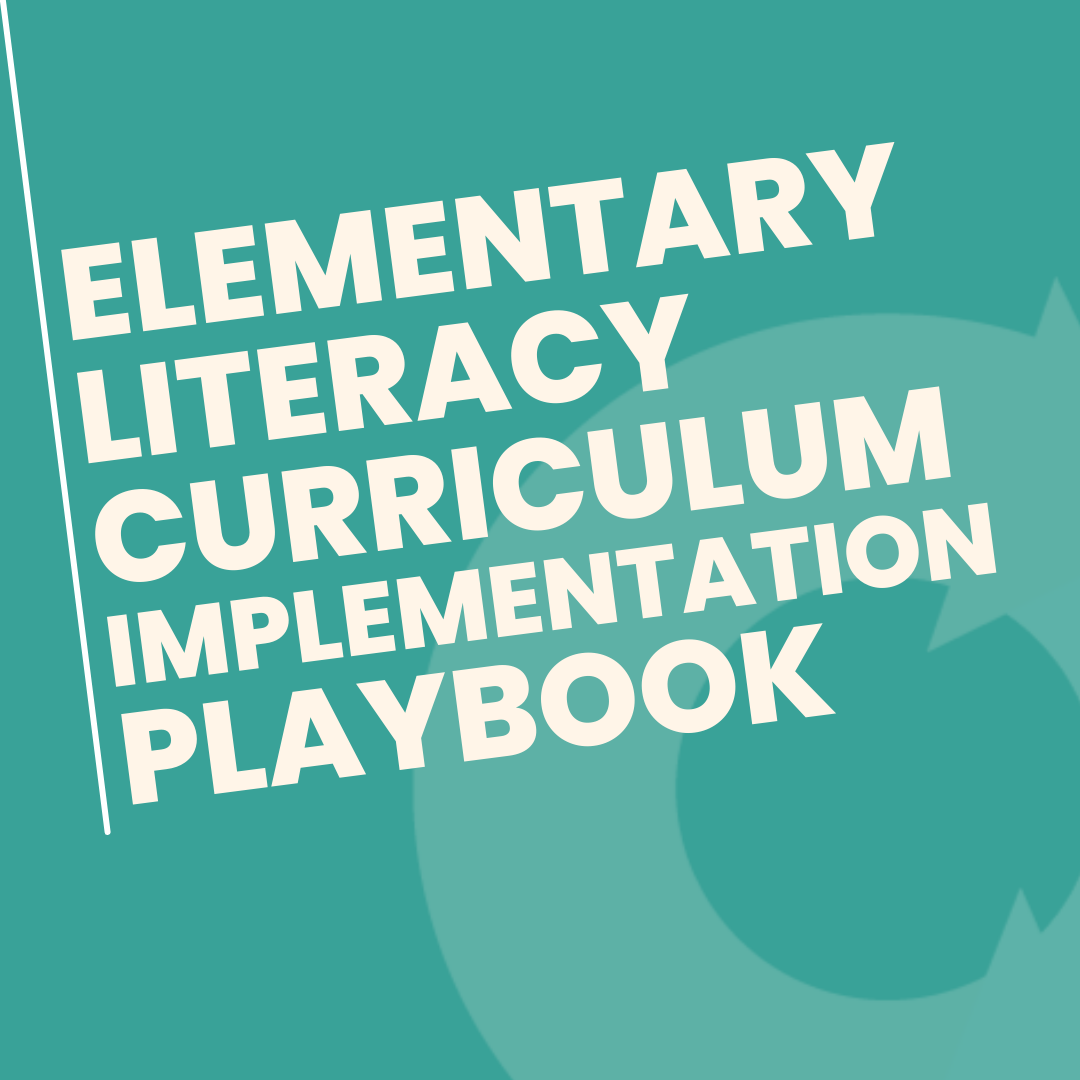
Downloadable Resource
Literacy Curriculum Implementation Playbook
The Elementary Literacy Curriculum Implementation Playbook is perfect for educators, school leaders, instructional coaches, and district administrators looking to implement a transformative literacy c
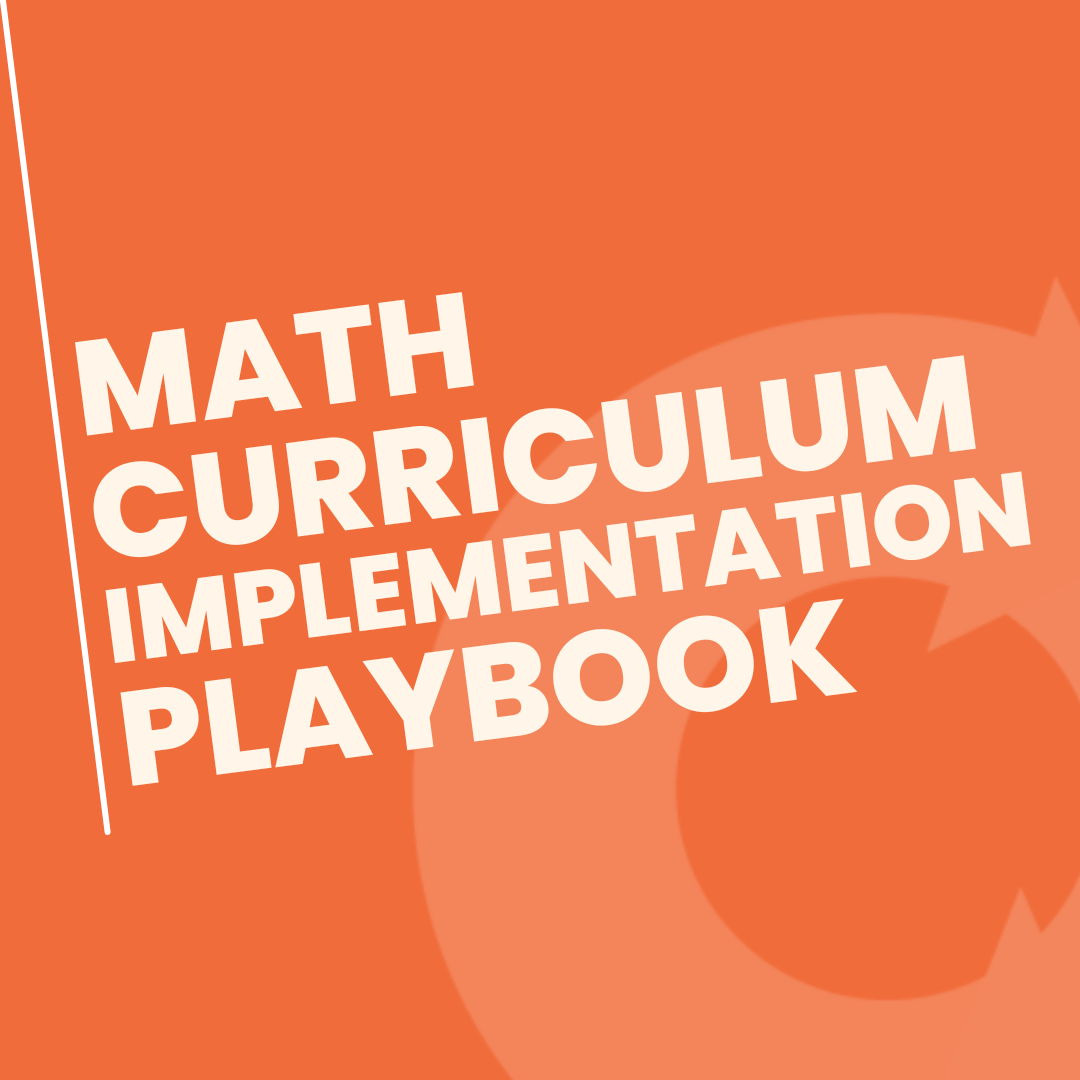
Downloadable Resource
Math Curriculum Implementation Playbook
Whether you're seeking to close achievement gaps, build stronger math programs, or foster equity and excellence in education, the Math Curriculum Implementation Playbook is your go-to guide.
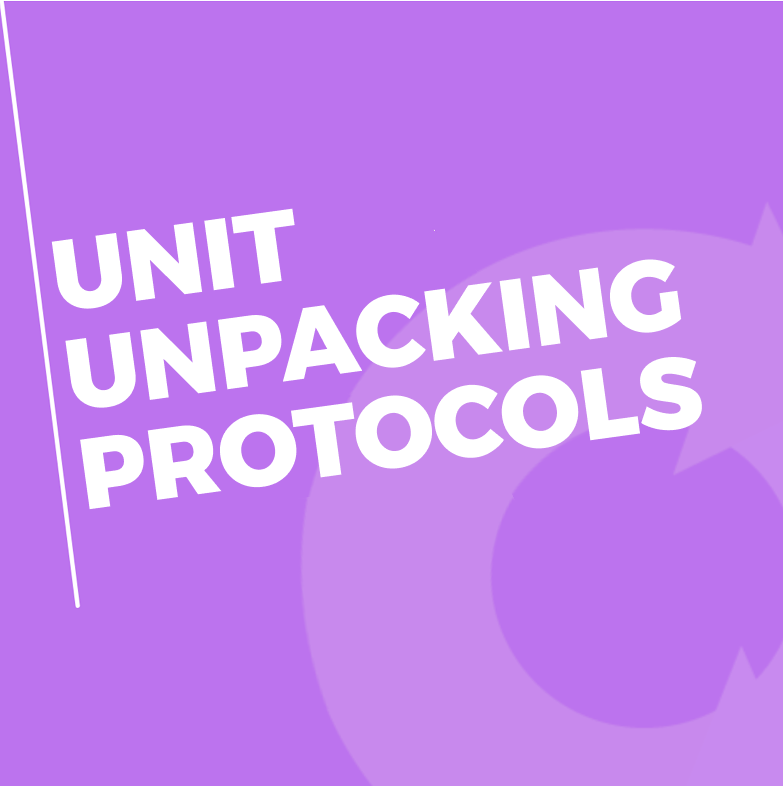
Downloadable Resource
Unit Unpacking Protocols
Unit unpacking is a critical first step in making curriculum come alive for educators and students.
Featured Articles

Article
NATIONAL EDUCATION NONPROFITS TEACHING LAB AND RELAY GRADUATE SCHOOL OF EDUCATION ANNOUNCE PLANS TO JOIN TOGETHER
National education nonprofits Teaching Lab and Relay Graduate School of Education (Relay) announce plans to join together as one organization. Relay’s next CEO & President Dr. Sarah Johnson will lea
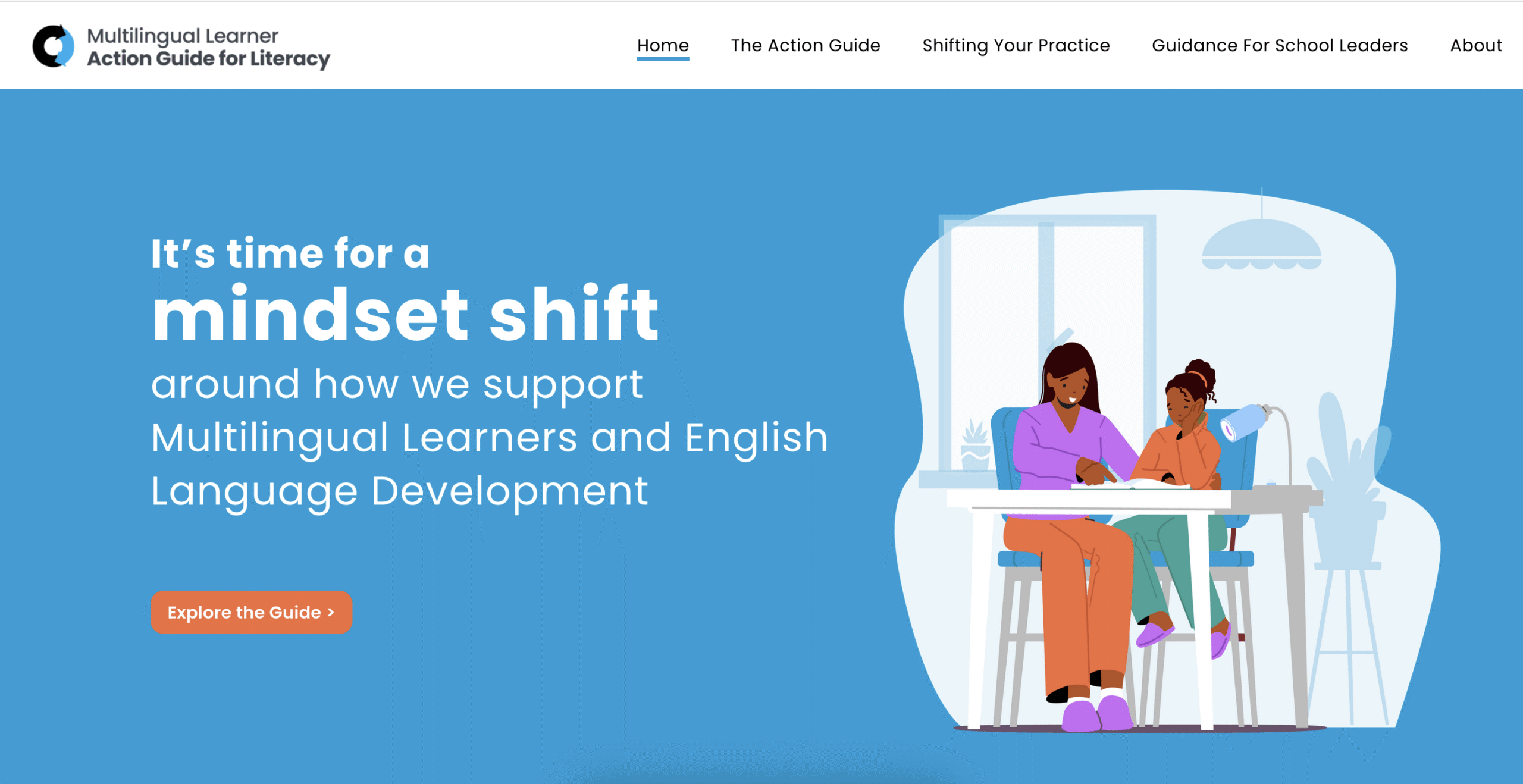
Article
Teaching Lab’s Multilingual Learner Action Guide for Literacy is here!
The MLL action guide brings targeted strategies to K-2 classrooms, helping students develop foundational literacy skills and thrive academically.
Featured Media
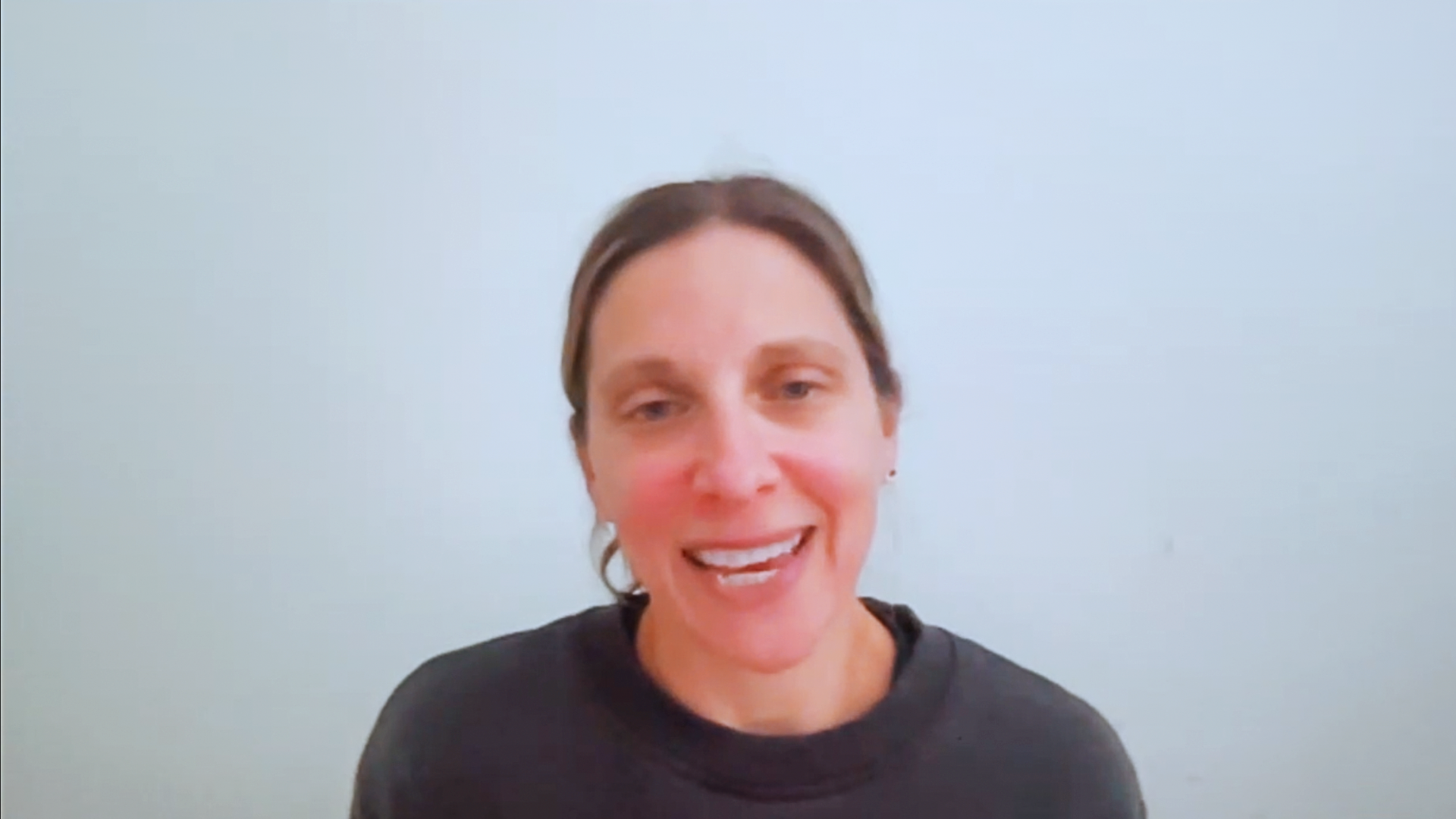
Video
Socratic Seminars That Actually Gets Students Talking
Ninth grade ELA teacher Lauren Turnowski (18 years of classroom experience) demonstrates how she uses TeachingLab.ai to plan engaging Socratic seminars and debates.
Watch the video: Socratic Seminars That Actually Gets Students Talking
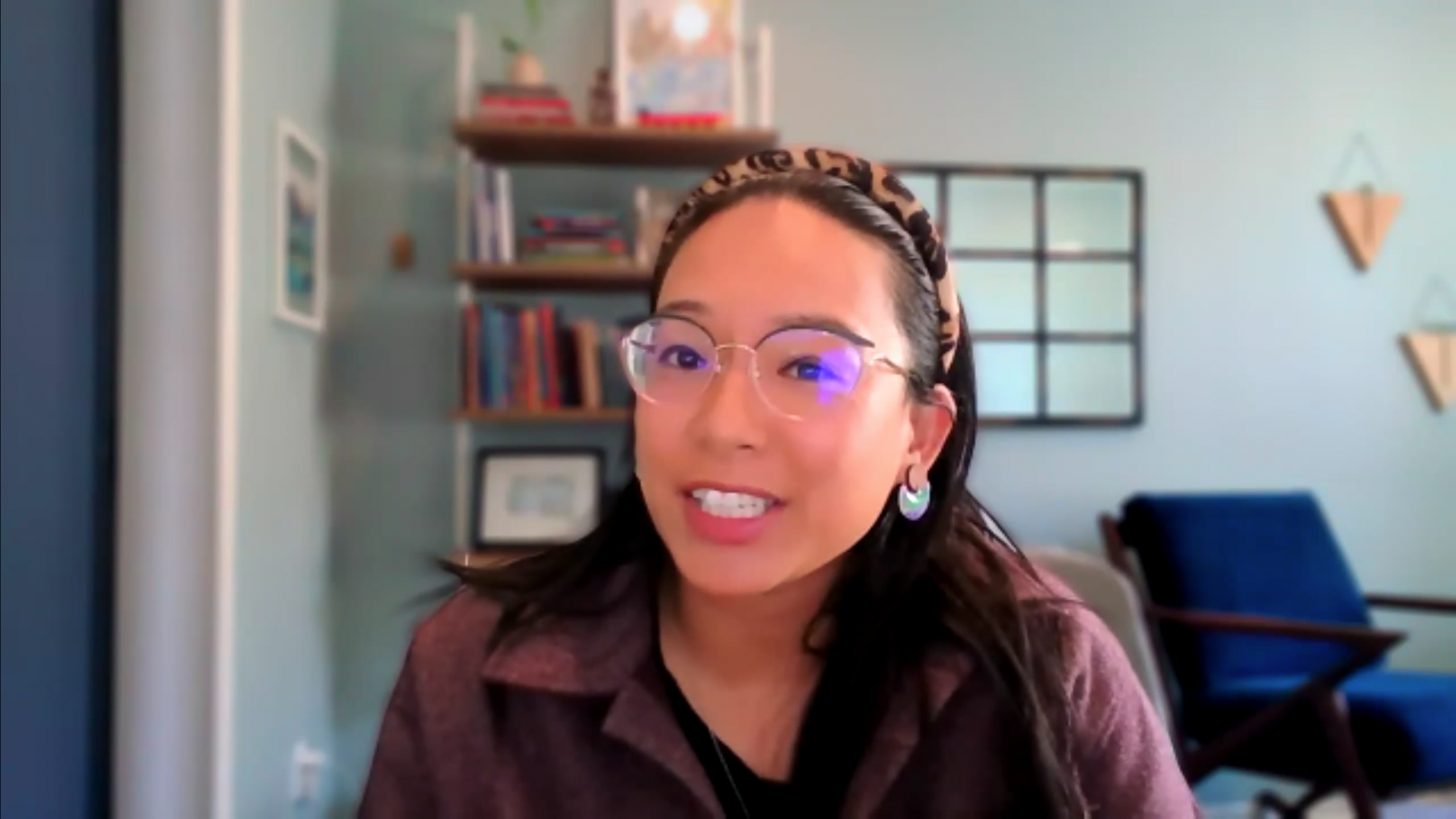
Video
Coaching Conversation Prep: Make Every Minute with Teachers Count
Instructional coach Vi Tamargo shows how she uses TeachingLab.ai's Coaching Conversation Prep tool to support a 4th grade math teacher working on student engagement.
Watch the video: Coaching Conversation Prep: Make Every Minute with Teachers Count
Featured Reports
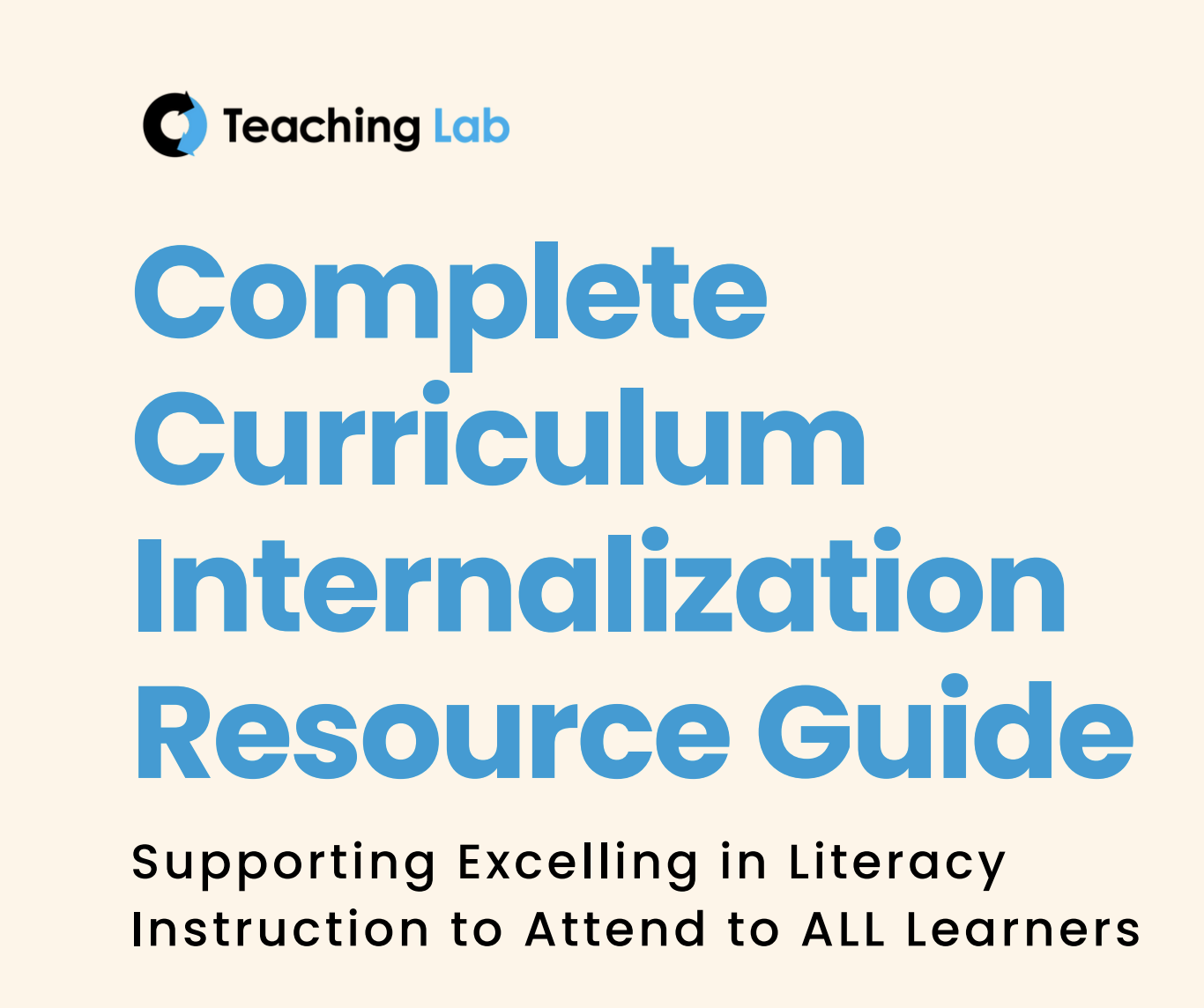
Report
Complete Curriculum Internalization Resource Guide
Get the Curriculum Internalization Resource Guide that helps educators better serve multilingual learners.
Download the Complete Curriculum Internalization Resource Guide report
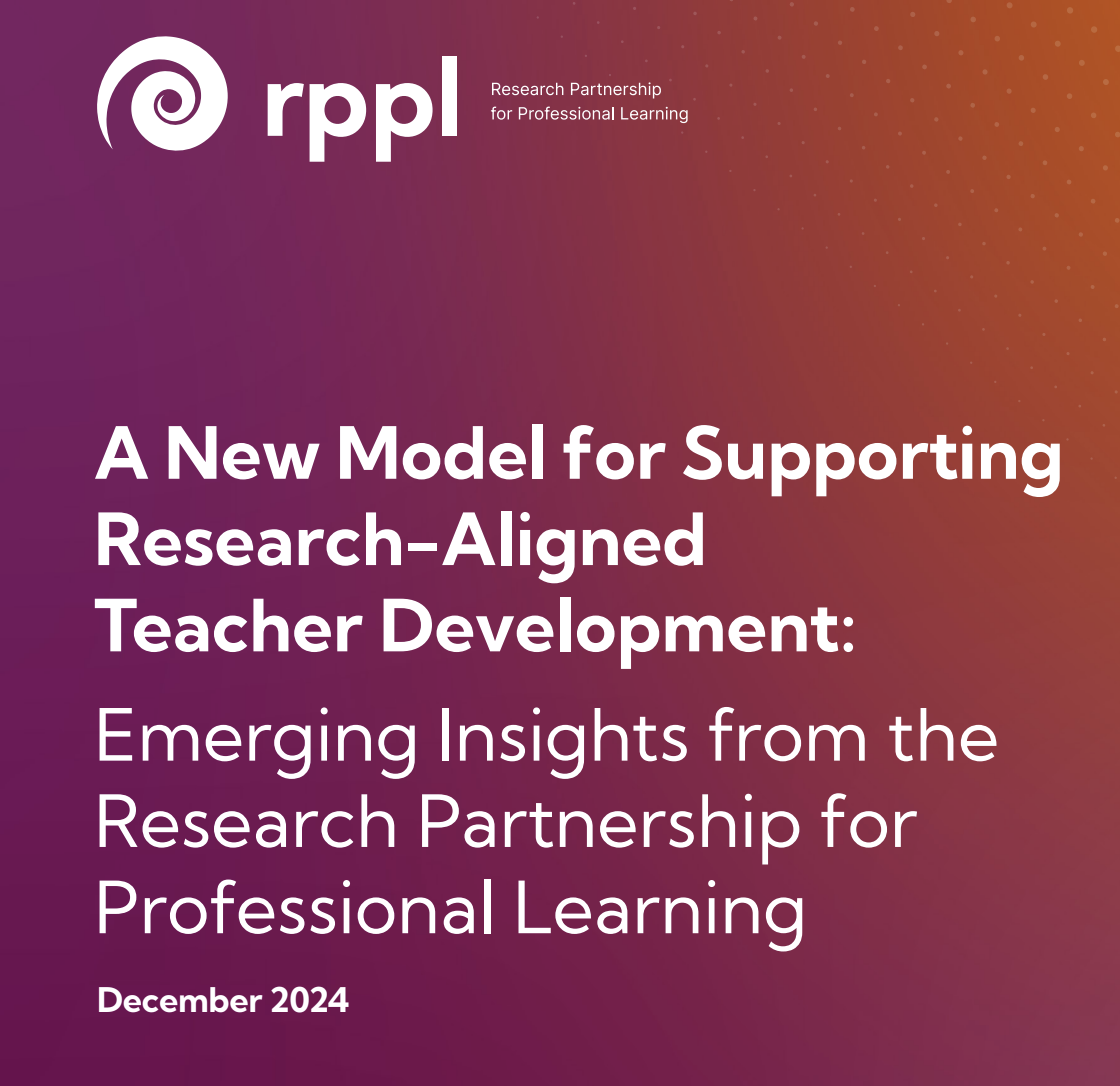
Report
Research Partnership for Professional Learning (RPPL) Report
This report reviews RPPL's ongoing work with a critical eye, aiming to capture how the work and theory of action has evolved and what this means for our ability to accelerate knowledge about equitable
Download the Research Partnership for Professional Learning (RPPL) Report report